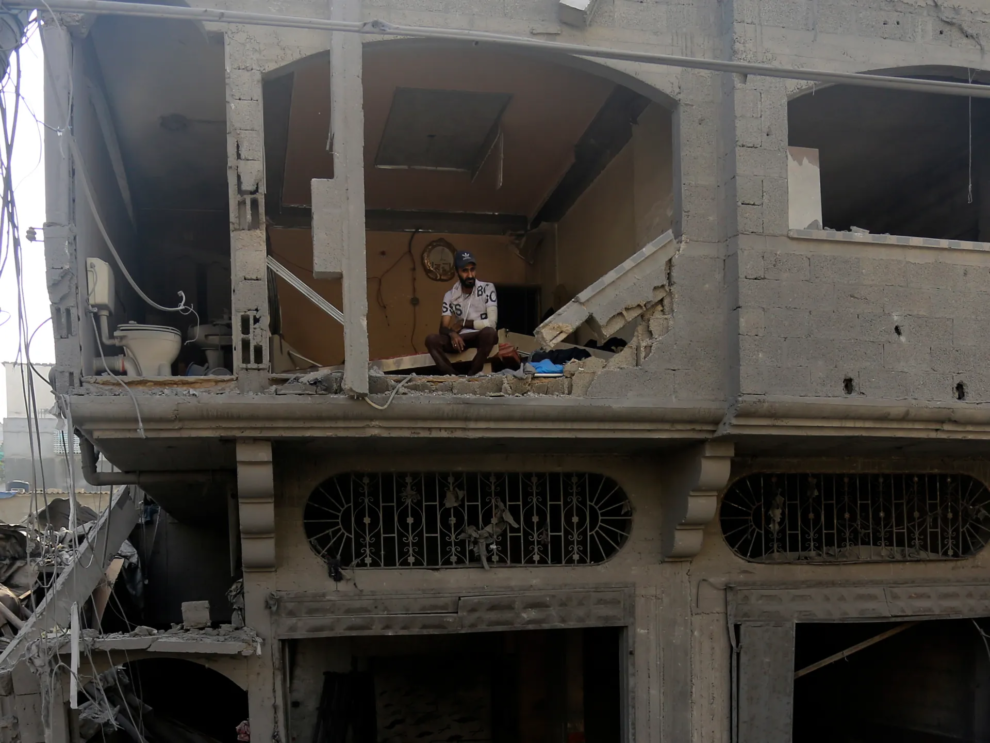The war between Israel and Hamas is already affecting the region’s economies, the managing director of the International Monetary Fund (IMF) has warned.
“You look at the neighbouring countries – Egypt, Lebanon, Jordan – there the channels of impact are already visible,” Kristalina Georgieva said at the Future Investment Initiative (FII) in Saudi Arabia’s capital Riyadh on Wednesday.
The IMF is concerned about the tragic loss of life in the epicentre of the war, but also the destruction and reduction of economic activity as a result of the raging conflict, she said.
“What is happening in the Middle East is happening at a time when growth is slow and interest rates are high and cost of servicing debt has gone up because of COVID and war,” the IMF chief added.
Palestinian group Hamas staged a shock attack on Israel on October 7, killing at least 1,400 people and taking about 220 hostages, according to Israeli authorities.
Israel has responded with the relentless bombardment of Gaza and a near-total land, sea and air blockade; Gaza’s health ministry says 5,791 people have been killed in the besieged territory so far.
Georgieva spoke a day after Wall Street titans told the forum that the war could deal a heavy blow to the global economy, especially if it draws in other countries.
“What we see is more jitters in what has already been an anxious world,” Georgieva said.
“You have tourism-dependent countries – uncertainty is a killer for tourist inflows,” she said, describing the potential economic cost for countries in the region before listing specific risks.
“Investors are going to be shy to go to that place. Cost of insurance – if you want to move goods, they go up. Risks of even more refugees in countries that are already accepting more.”
The annual FII event, dubbed “Davos in the Desert”, has typically served as a chance for Saudi Arabia to showcase domestic economic reforms, the success of which, Saudi officials say, partly hinges on regional stability.
While several high-profile speakers have addressed the current regional turmoil, FII attendees have highlighted the capacity of Saudi Arabia, the world’s biggest oil exporter, to withstand shocks and finance reforms using its deep-pocketed sovereign wealth fund, the Public Investment Fund.
Meanwhile, speaking to Israeli media on Wednesday, the country’s Finance Minister Bezalel Smotrich said the direct cost of Israel’s war on Gaza was about 1 billion shekels ($246m) a day.
He did not have an assessment of the indirect costs on an economy partly paralysed by the mass mobilisation of military reservists and rocket attacks by Palestinian armed groups.
Smotrich was also unfazed by S&P Global’s downgrade on Tuesday of Israel’s outlook from “stable” to “negative”.
“The negative outlook reflects the risk that the Israel-Hamas war could spread more widely or affect Israel’s credit metrics more negatively than we expect,” the credit ratings agency said.
Smotrich called the downward revision “alarmist” and said he did not anticipate major Israeli deficits despite the crisis.
Source : AlJazeera































